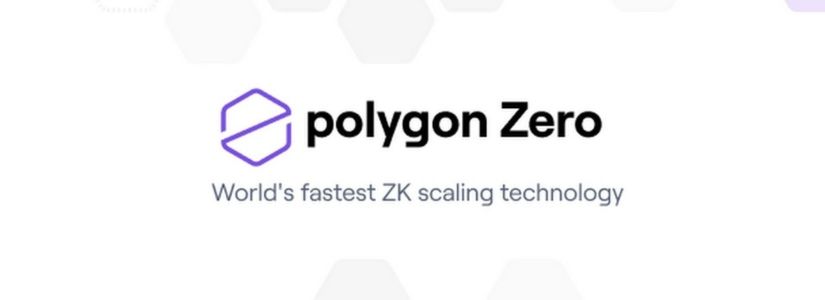Polygon Zero, the zero-knowledge scaling branch of Polygon, has leveled accusations of plagiarism against developers at Matter Labs, the creators of zkSync, a prominent Ethereum layer-2 scaling solution. The dispute centers on allegations of code copying and attribution discrepancies.
Crypto runs on the open source ethos. When projects don’t follow it, the ecosystem suffers.
We were disappointed to see that @zksync copied our code without attribution and made misleading claims about the original work, so we wrote this post.
https://t.co/8VnoYVWgI8— Polygon Zero 💜 (@0xPolygonZero) August 3, 2023
Allegations of Code Plagiarism
Polygon Zero’s announcement on August 3rd alleges that Matter Labs copied a significant amount of code from its Plonky2 library, a collection of cryptographic proofs, into the zkSync ecosystem. The alleged plagiarized code was discovered within Boojum, Matter Labs’ new proving system designed to enhance zkSync’s performance.
However, the heart of the dispute lies in the claim that the company integrated portions of Plonky2’s code into Boojum without providing proper attribution to the original authors. Polygon Zero also points out strong structural and strategic similarities between Boojum and Plonky2.

The zero-knowledge scaling solution, Polygon Zero asserts that Boojum’s design and strategy bear striking resemblances to Plonky2, including the use of similar custom gates and a shared lookup argument developed by Ulrich Haböck, a Polygon team member.
Matter Labs Responds to Polygon Zero’s Claims
Matter Labs, on the other hand, refuted the accusations, asserting that Boojum’s code was composed predominantly of Matter Labs’ prior work. They maintained that only around 5% of Boojum’s code derived from Plonky2, and that the usage was explicitly attributed in the code.
Moreover, Alex Gluchowski, co-founder, and CEO of the firm behind the zkSync rollup, has responded with a comprehensive rebuttal. In a tweet, he addressed each point raised by Polygon Zero, shedding light on the development process and offering a different perspective on the matter.
Every decision we make as a team towards building @zksync is driven by our ethos, which is based on integrity and transparency. We have made honest mistakes in the past, but we always did our best to openly acknowledge them and take responsibility. And will always do so in the… https://t.co/4yjpSCHC2d
— Alex G. ∎ (@gluk64) August 4, 2023
Alex began by clarifying that both Plonky2 and Boojum are implementations of the RedShift construction (PLONK + FRI), introduced by Matter Labs’ team before Plonky2. He mentioned that Plonky2’s team didn’t credit Matter Labs for this innovation, though Matter Labs referred to RedShift in its papers.

He argued that the benchmarks Polygon Zero endorsed were chosen independently and were meant to provide neutral, standardized comparisons, despite Polygon Zero’s criticism of the chosen benchmarking function (SHA256).
“If you’re not happy about others – including potential competitors – using parts of your code, maybe Open Source is not for you,” Alex Gluchowski stressed in response to Polygon Zero’s claim of a complete lack of attribution.



